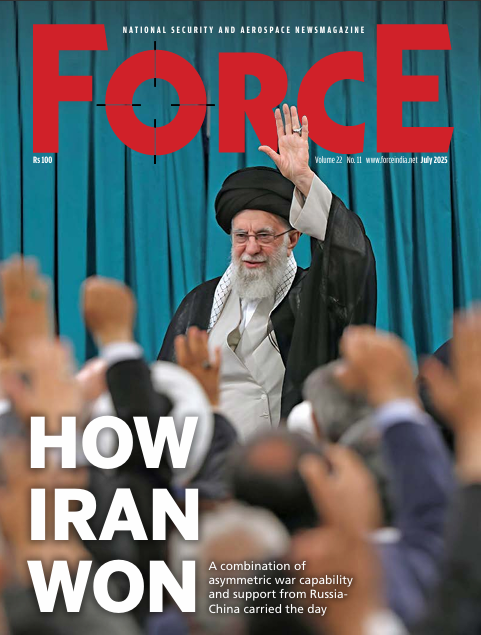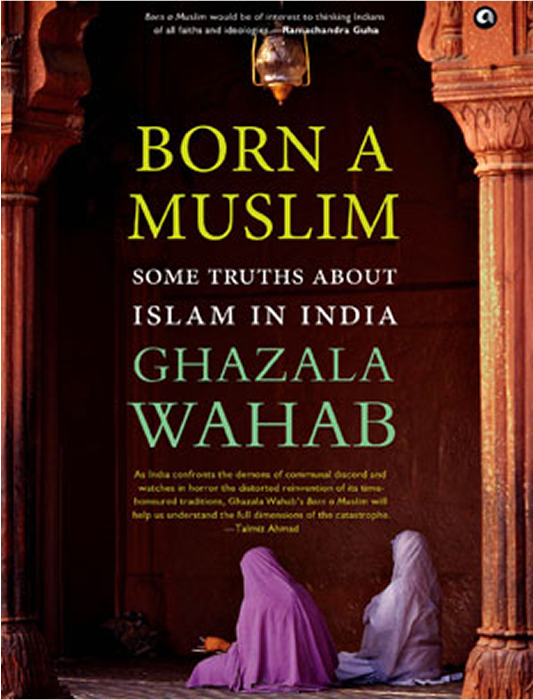First Person | A Matter of No Choice
 Ghazala Wahab
Ghazala Wahab
As war rages in Ukraine with no signs of an early resolution, many analysts in India say that New Delhi should have taken a firmer position on this issue. Neutrality, they say, does not behove India’s stature as a major power.
Some suggest that India, with the legacy of Gandhi, should stand with the oppressed, in this case Ukraine. Others point to India’s historic relations with Russia to say that New Delhi should be seen standing with President Vladimir Putin as Soviet Union (Russia’s predecessor state) did with India during the 1971 Bangladesh war. This group of analysts use China’s statement in favour of Russia as an example of what New Delhi should have done.
The truth is that India’s ambivalence is borne out of helplessness, not strategic confusion, or cowardice. With little sense of history and a poor understanding of the present, the government of India has been blundering its way in the geopolitical arena in the hope that of all the punches it throws, at least some would hit the mark. Since it is all up to providence now, New Delhi’s foreign policy moves haphazardly in several directions in the hope of covering all bases.
The problem with most analysts is that they are ignoring the historical context of the current Russian-Ukrainian crisis, its importance from the perspective of both the United States and Russia, and its long-term implications for the bipolarity of the new world order which will become evident in the next few years.
The historical context first. Throughout modern history, Ukraine has been in the Russian sphere of influence—sometimes directly and sometimes as an autonomous protectorate. After the Russian revolution, Ukraine was annexed as part of the USSR.
Subscribe To Force
Fuel Fearless Journalism with Your Yearly Subscription
SUBSCRIBE NOW
We don’t tell you how to do your job…
But we put the environment in which you do your job in perspective, so that when you step out you do so with the complete picture.








